Nearly 70% of women accept the initial salary they’re offered. Why don’t more women ask for more money? In 2018, female full-time, year-round workers made only 82 cents for every dollar earned by men, a gender wage gap of 18%. Negotiating for a higher salary during the offer phase is one key element in closing the wage gap.
According to a recent survey published by Glassdoor, "Women negotiated less than their male counterparts. 68% of women accepted the salary they were offered and did not negotiate, a 16-percentage point difference when compared to men (52%)."
- “Why Don’t Women Negotiate More?” by Carol Sankar, Forbes
Salary, compensation, and self-advocacy: this is important for our personal and collective futures, for our economy, and for job satisfaction. If women continue to earn less, we will never reach parity. But how big a role does salary negotiation play in the outcome that lands us at these tired wage gap statistics?
Amy Hoover
Considered an expert on hiring trends and staffing issues, for a dozen years Amy was an Executive Recruiter and then Managing Partner of Talent Zoo, the nation's premier search firm for the advertising and marketing industries. During that time she placed hundreds of professionals in new positions across North America, from Junior to C-Suite level.
Talent Zoo’s founder and CEO Rick Myers and Amy Hoover built the executive recruiting firm which began in 1998. It evolved into a digital job board and career ecosystem predating LinkedIn. For about two decades, talentzoo.com has been the top site for advertising, marketing, and digital professionals in an industry known for extreme competition. It’s still a fantastic place to hire quality candidates or find a marketing or ad job.
Ten years ago Amy co-founded Strongbox West, Atlanta's largest independent coworking space and innovation hub, where she continues to manage the Talent Zoo job board and suite of marketing blogs.
Amy is frequently quoted in The Wall Street Journal, The New York Times, Adweek, Advertising Age, and many other notable publications.
Our Conversation
Amy shares hiring insights from the employer perspective which may surprise you, and could help you, your friend, or your colleague at their next negotiation. Whether or not hiring becomes more digital as AI sorts resumes and Alexa processes applications by voice, the art of the negotiation is still about human communication.
Topics:
Amy and her dog Coleman, who is internet famous. #ColemanTheDog. Follow @StrongboxWest on Instagram for more #DogsOfSBW
Why don’t women negotiate more?
Societal expectations for girls (be polite, demure, not greedy), which leads to labeling
Re: NY Times executive editor Jill Abramson:
“Abramson discovered that her pay and her pension benefits as both executive editor and, before that, as managing editor were considerably less than the pay and pension benefits of Bill Keller, the male editor whom she replaced in both jobs.”
Negotiation is not taught in schools or at home enough
Uncomfortable conversations and how candidates can phrase salary-related requests for a win-win
New perspective: women’s intuition that negotiating may be in vain (Knowing When to Ask: The Cost of Leaning In - NBER) - “Women appear to positively select into negotiations and to know when to ask.”
Pro Tip: The hiring manager’s first offer is almost never their best offer
Women’s psychology: “They like me! They really like me!” (Sally Field - Oscar reference)
Millennials and work: the idea of “finding oneself”
Values around culture and flexibility or finding meaning in work - what about the money?
What should women do when they’re at the negotiating table?
Sally Field, 1985 Academy Awards - Best Performance by an Actress in a Motion Picture - Drama - “I can’t deny the fact that you like me, right now, you like me.”
* 16% of women negotiate. This is according to Negotiating Women’s survey by Carol Frohlinger as cited by Monster. “Most women simply do not negotiate at all. Only 16 percent of respondents always negotiate compensation when a job offer is made or during performance evaluations.”
Get in Touch with Amy:
Twitter: @tzamy







